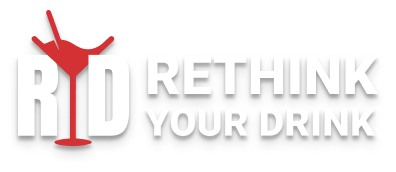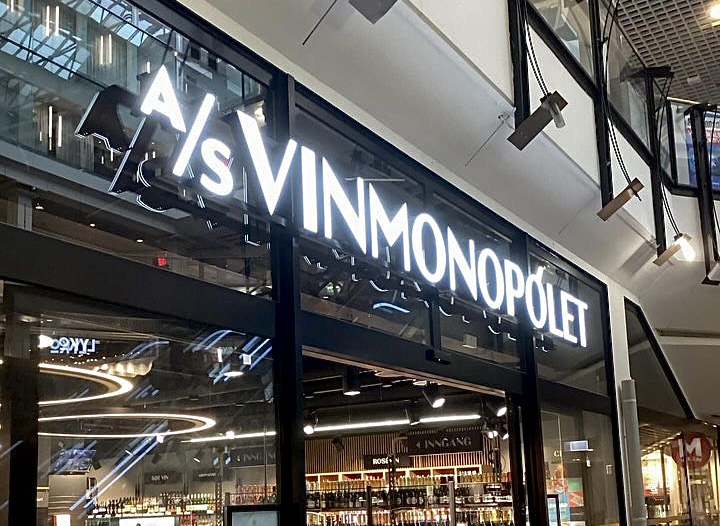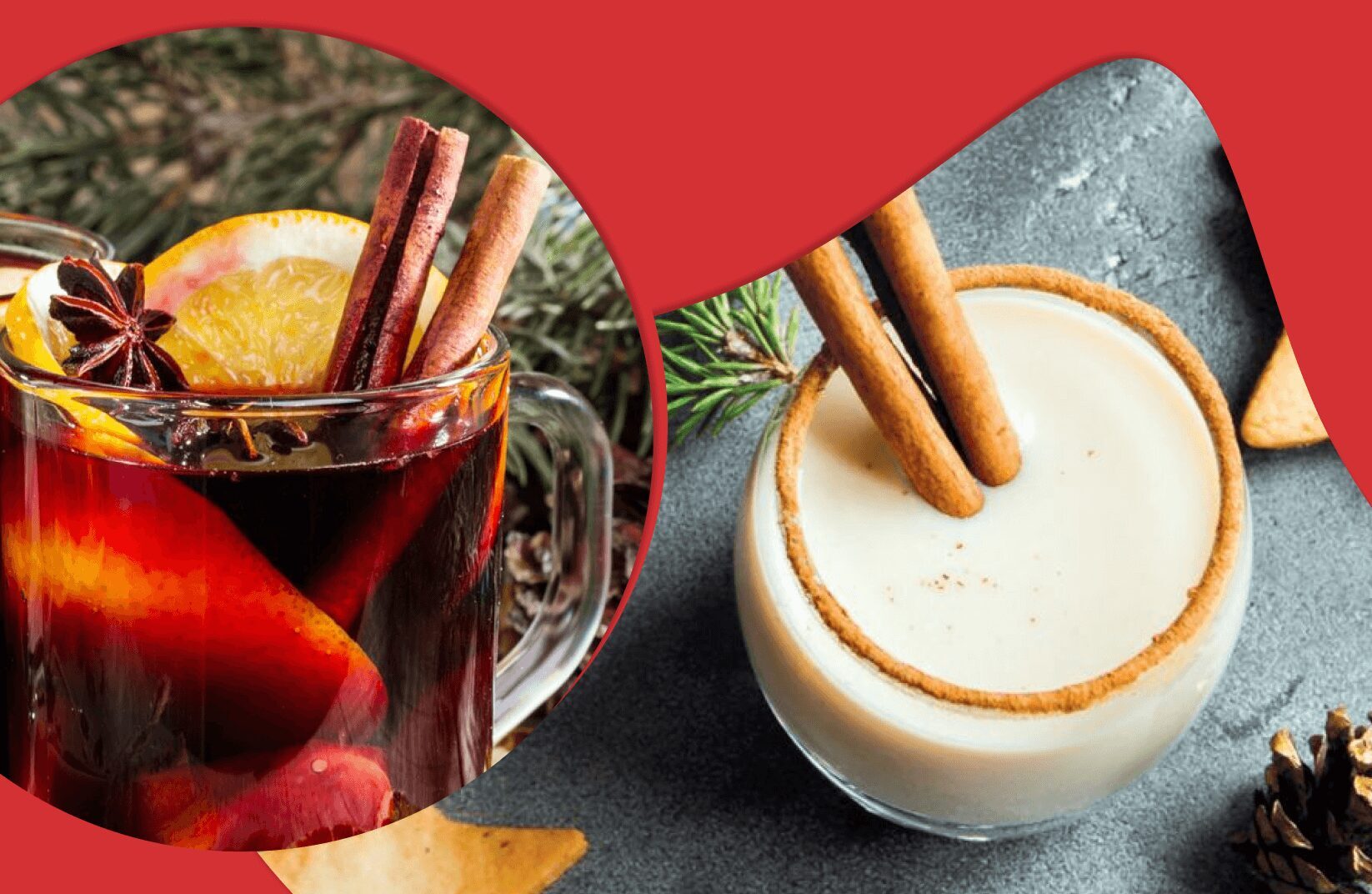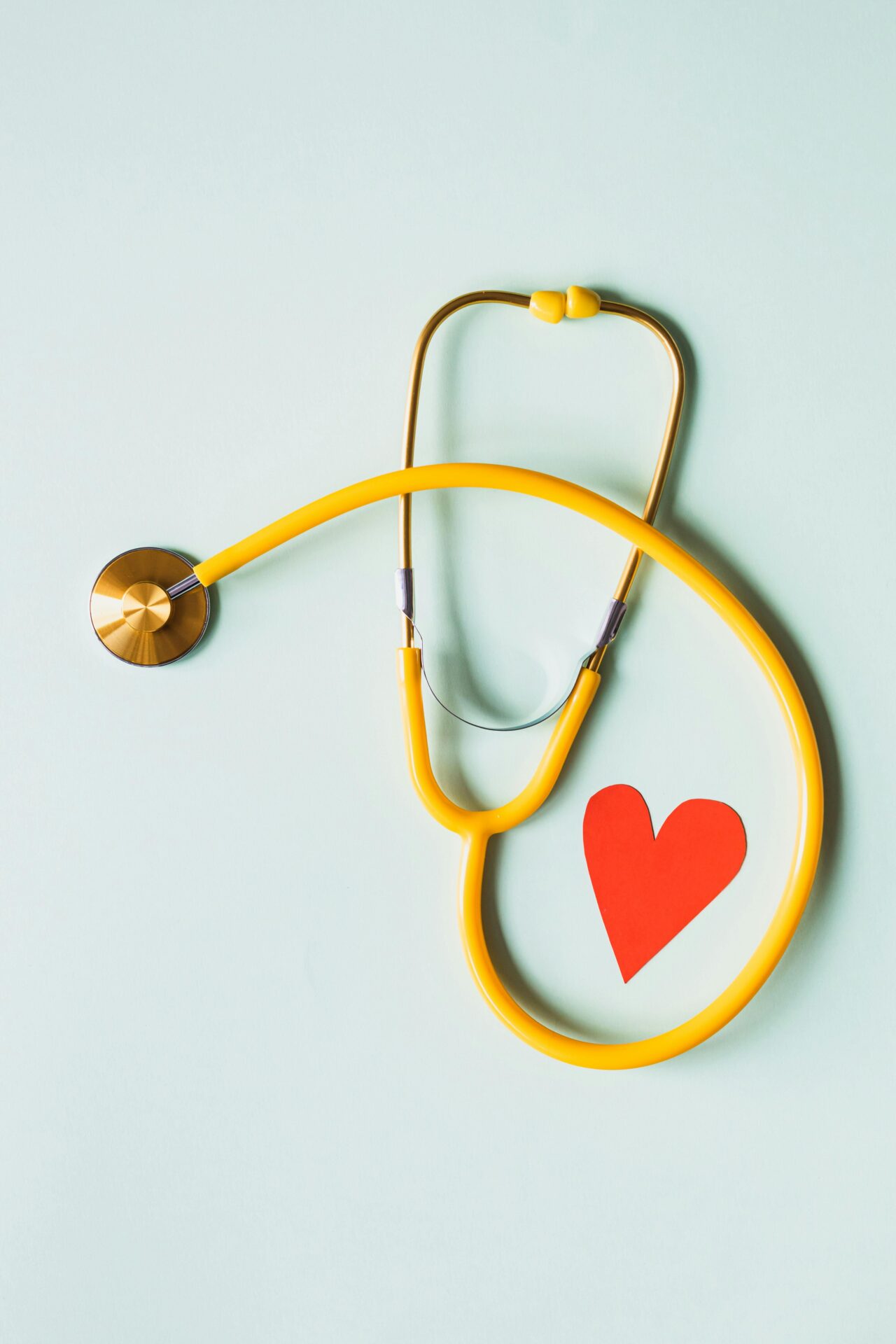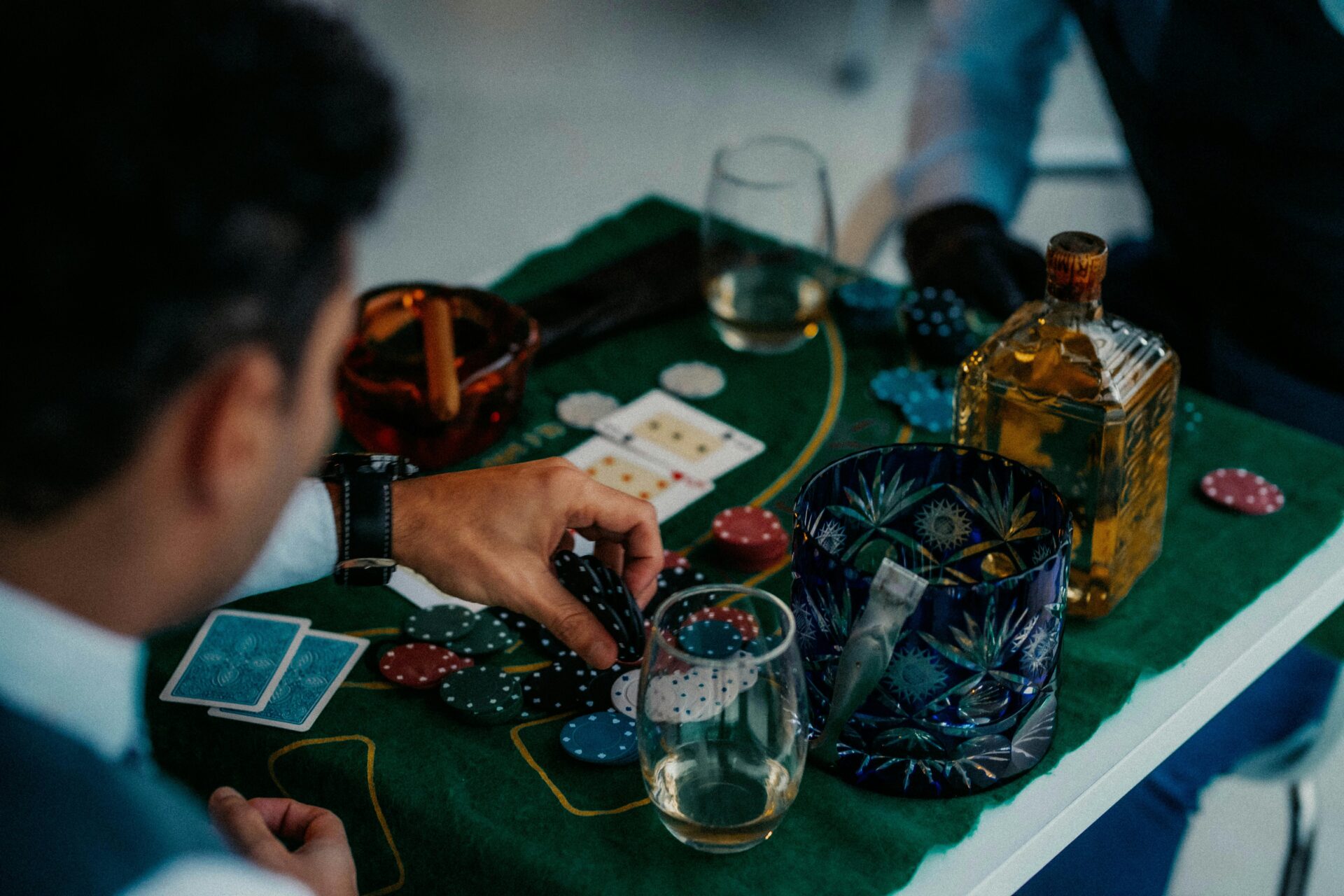In Norway, alcohol is not treated as a normal commodity. Alcohol is strictly regulated and both its sale and consumption are under the microscope of the law. What do these restrictions entail and how do they affect the everyday lives of Norwegians? In an interview with May, a local, we look at how Norwegians have adapted to the strict regulations – from separate alcohol outlets to high taxes to time limits.
What historical events or social factors have led Norway to introduce strict restrictions on the sale of alcohol?
Vinmonopolet was established in 1922 after a period where it was forbidden to sell alcohol with more than 0,5 % alcohol in several countries. The liquor ban was made to prevent among others social problems, criminality and corruption but instead it led to smuggling and illegal productions with dangerous ingredients like methanol so the government decided that they had to have a store where people in the whole country could get equal access to wine, because that was the only thing you could buy at this time there – therefore the name Vinmonopolet, as you can translate to the wine monopoly.
On their homepage vinmonopolet.no they say “Vinmonopolet is one of the most important instruments for responsible sale of alcoholic beverages in Norway, and for limiting the damaging effect of alcohol in Norwegian society. Through responsible sales, limited availability and the absence of marketing, Vinmonopolet has contributed to lower alcohol consumption in Norway than it would have otherwise been.
How does the system of selling alcohol through state-controlled “Vinmonopolet” stores work?
You can buy alcohol such as beer and some other drinks with an alcohol content of up to 4.7% in normal grocery shops until 20.00 on weekdays and until 18.00 on Saturdays. You are not allowed to buy alcohol on Sundays. The wine shop is open from 10.00 a.m. to 6.00 p.m. on weekdays, until 4.00 p.m. on Saturdays and closed on Sundays. If you go to the bar, by law they are allowed to sell you alcohol with 22-66% alcohol from 1.00pm – 01.00am Sunday to Thursday and from 1.00am – 02.00am on Friday and Saturday.
Is public drinking legal?
Drinking in public is illegal. Like if you go to a bar you can drink outside if they have the permission to have people drink outside, but after 11 pm I think, you have to move inside. You are not permitted to drink in a park example in the summer but people do it anyway and you might need to hide what you’re drinking if the police are coming, like they might give you a fine, but I guess it depends on the police because they might not care and be nice instead, like say to younger people take care of each other and please be a little more quiet if they made to much noise and the clock is after 11 pm.
What forms of alcohol advertising are prohibited in Norway?
Like cigarettes, alcohol is prohibited from displaying any advertising. This has not always been the case, so this is clearly a change and a strategy from a political point of view to help citizens make healthier choices.
How do restrictions on alcohol sales affect drinking culture in Norway?
I think it is shaping our behavior and habits in a way we are just accepting and don`t think about because we are used to it from my perspective. WHO has a report from 2014 that Norwegians are above average in the world but under the average in Europe.
What are the views of the public in Norway? Are people satisfied with the strict rules or would they like to see them relaxed?
The reason why alcohol is so expensive is because the government is trying to reduce the health problems that are associated with alcohol (and cigarettes, but that’s another story). Other things that make it more expensive are the packaging, the environmental tax and the value added tax (merverdiavgift) which is at 25%. I get the impression that most people say alcohol is too expensive here, especially if they have traveled. Some people drive to Sweden or buy a lot of alcohol in Tax Free at the airport when they have been traveling. Although most people think it’s expensive, I don’t think we think about it in everyday life. And maybe we understand that it’s actually the government trying to help people to drink less – I think it’s a nice idea, maybe we’d drink more if it was cheaper.
How do tourists react to the high prices of alcohol and its limited availability in Norway?
I think it’s a common thing that tourists say it’s too expensive, as well as everything else in this country, but it is what it is and maybe they understand it more if we explain the reasons behind it.
How is alcohol perceived within different age groups and cultural segments of Norwegian society?
I say this based on my own impression, but for the rich and elderly it is less of a problem, which is why alcohol can be seen as a way to show status. You might want to show off how much money you have by ordering expensive accommodation and expensive champagne for a public holiday, or it’s considered a nice gift if you give someone alcohol because it actually costs a lot of money. I also know that other illegal drugs are commonly used at parties of young and rich people, but I know too little about that to say anything more specific. Ssb.no reports that about 40% of older and middle-aged people and 25% of 16 to 25-year-olds drink every week.
It says that 11% of people aged 16 to 25 drink at least 6 drinks of alcohol every week. Perhaps we could debate whether this is good or bad, but we humans have always used something to help us relax and socialise in different ways. Not being able to socialize and interact with other people can also have negative consequences – so maybe we all should just continue to practice how to live our own life, change it if we want to and keep having a balance of the things that lifts us up, whether it is with or without alcohol, “whatever floats your boat” sort of? If something doesn’t work for you, change it and if you like it in another way, try it out.
